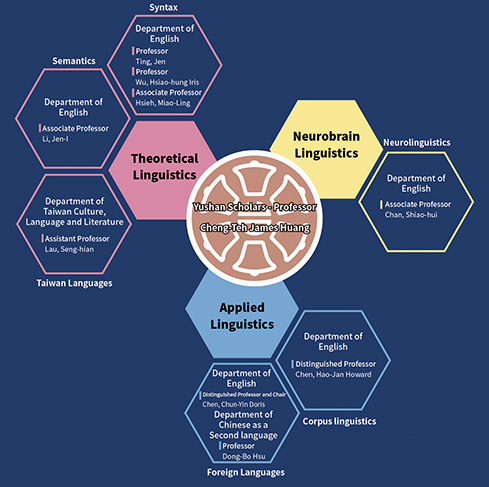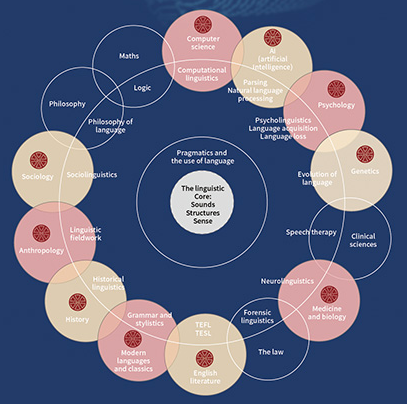
2 minute read
NTNU PUSHES THE BOUNDARIES OF LINGUISTIC RESEARCH
It is our use of language that, perhaps more than anything, distinguishes us from other species. With linguistics so central to the human experience it is unsurprising that, as an academic discipline, it draws from both the humanities and the hard sciences. Paired with almost any field, it forms an exciting sub-field of learning.
National Taiwan Normal University (NTNU) has had a long tradition of excellence in humanities research and is recognized as a premier higher learning institution for education and language studies. According to the 2021 world university rankings released by analytics tracking firm Quacquarelli Symonds, NTNU has demonstrated outstanding achievements in the fields of philology and continues to track as one of Taiwan’s most influential and recognizable universities. NTNU’s College of Liberal Arts enjoys an especially rich academic and research tradition, leading the way in areas of sociolinguistics, linguistic fieldwork, historical linguistics, grammar and stylistics, phonetics, neurolinguistics, evolution of language, psycholinguistics, and AI and computational linguistics as illustrated in Figure 1, adapted from Neil Smith's Language, Bananas and Bonobos (2002).

The emergence of the Internet, the rise of large search engine companies, along with advancements in areas of speech synthesis and recognition technology have dramatically redefined not only interpersonal communication, but the speed and manner with which we acquire information. Language technology, with its focus in both the humanities and the sciences, is one of the fastest growing areas in the field of integrated science. To meet these academic and technological trends, the Ministry of Science and Technology (MOST) funded the development of the NTNU Institute for Research Excellence in Learning Sciences and the NTNU Chinese Language and Technology Center—both of which have become wellsprings for the research and promotion of language and learning. NTNU’s achievements in introducing internationalization and interdisciplinary focus into its curricula not only points to its strength in traditional disciplines, but also its efforts in cutting-edge research. Another major aspect of NTNU’s success has been its celebrated alumni network upon which the fame and reputation of NTNU continues to grow.




